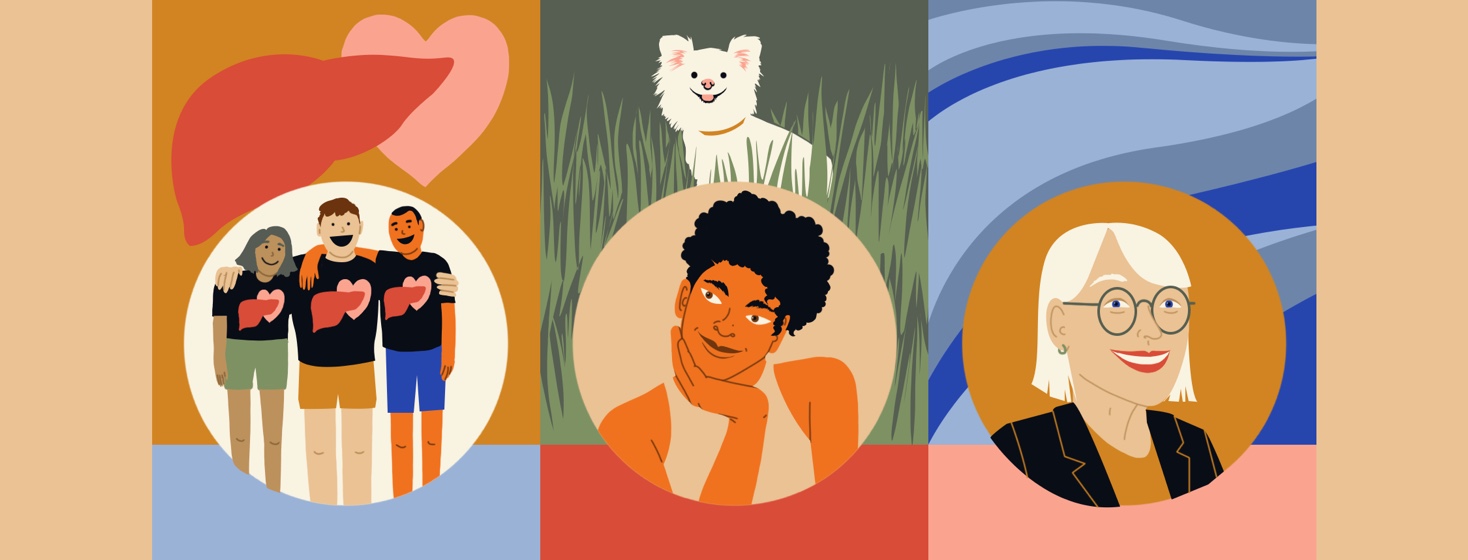Social Media as an Advocacy Tool
Are there dangers to being so open on the internet? And are they worth it?
Everyone has an opinion on social media, myself included. The internet age has opened up a pandora's box of information, which you can access at the tip of your fingers. Social media has given us a new way to connect with people worldwide, sharing opinions, creations, and milestones. But using social media to advocate for hepatitis C awareness? Now that is a different story!
In the AIDS advocacy age circa 1987, the options available for advocacy and education were limited. Most had to rely on paper resources to deliver information and word of mouth. Hepatitis C advocacy does not have the substantial and public history that AIDS and HIV do. Perhaps it is because many people were not aware they had the virus or lack of availability to education. Either way, the landscape of hepatitis C awareness is blossoming now, and that is due in part to the rise of the internet.
Tackling hep C stigma
There is a formula I have developed for disassembling prejudice and stigma- it goes like this: Education + Awareness + Visibility = Reduction in Stigma
This formula makes me consider the methods in which one can be visible. In my work, I gladly ‘out’ myself and identify that I am a hepatitis C survivor. I believe it helps me connect with my clients and tells them they are not alone, and I understand their struggles. But to be fully open on my personal social media? I had not considered it.
Before I became an advocate it was because I was embarrassed by my diagnosis. Now that I am visible in my local hepatitis C community, I often wonder if there would be a benefit to sharing that information within my personal friend community. Some advocates I know are loud and proud on social media, some are more reserved. I had to decide where I wanted to fit in that spectrum. Did I want hepatitis C advocacy articles posted alongside pictures of my children?
How much I want to share
In the end, I decided that I wanted to keep my work life and personal life separate. I do not shy away from telling close friends and family about my diagnosis and journey to recovery and have offered to help personal friends who encountered the same diagnosis. Every advocate will struggle with this decision at some point. I had to delve deep and examine my comfort zones in order to decide on how I was going to advocate on my personal social media. The best part is there is no wrong decision to be made! I equally admire the ‘loud and proud’ social media advocate and the reserved ‘work only’ advocate, and I am very happy sitting comfortably right in the middle!

Join the conversation